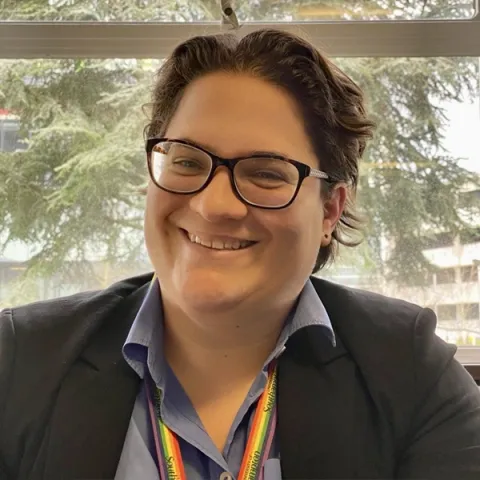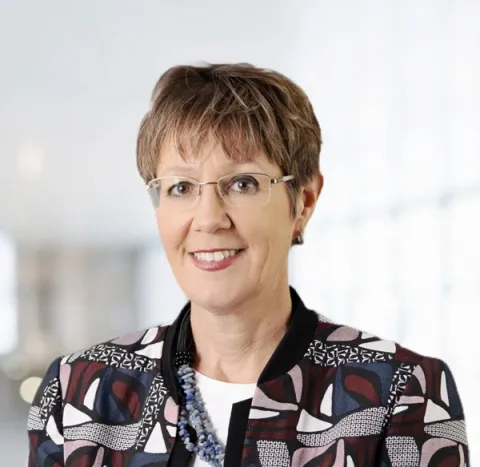Centre for Research on Ageing

The Centre for Research on Ageing is an international and multi-disciplinary research centre examining key issues in ageing and the lifecourse, informing policy and debate at the national and local level.

The Centre for Research on Ageing is an international and multi-disciplinary research centre examining key issues in ageing and the lifecourse, informing policy and debate at the national and local level.

Through high quality research, the Centre for Research on Ageing contributes to a better understanding of the experience of ageing amongst different groups and societies, which will in turn place us in a better strategic position to improve the quality of life of older people.
In addition to research, the Centre contributes to capacity building of future academics and professionals by teaching different postgraduate programmes in Gerontology.
The Centre is involved in various research and teaching activities:

A unifying theme throughout much of my research is the use of a dynamic, life course perspective.

My research is at the interface of population ageing and social policy.

I am interested in conducting research on inequalities in later life related to ethnicity, nationality, migration status, religion, and culture. I study experiences and satisfaction with social care services, and determinants of informal care provision and receipt.








